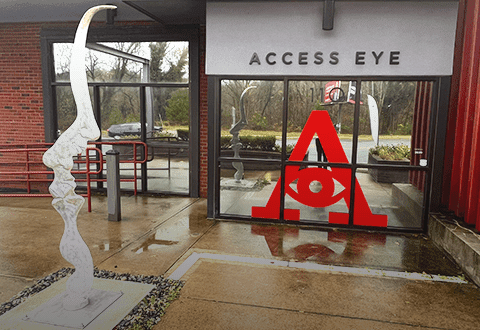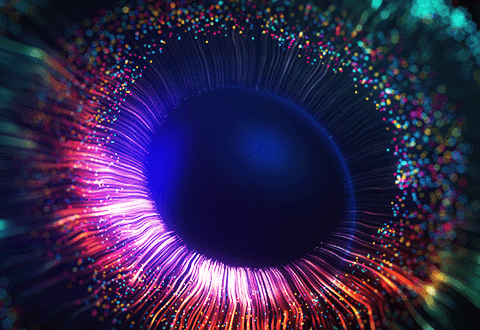Nearsightedness How Life Gets Better When You Overcome It

Do you see clearly when you look at objects up close but have difficulty when focusing your eyes on something in the distance? This is an indication you have myopia (or nearsightedness,) a refractive error that affects over 30% of Americans. At Access Eye, our talented doctors treat patients with myopia daily, which allows them to live better, more fulfilling lives. Here’s what our doctors have to say about tackling nearsightedness:
Causes of Nearsightedness
Myopia occurs due to an imperfect curvature of the cornea or sometimes when the eyeball extends further from the socket than normal. As a result, the incoming light bends incorrectly as it passes to the retina, which communicates with the brain to facilitate sight. This leads to blurry vision.
Many people who have nearsightedness appear to have acquired it genetically, but environmental factors can also play a significant role. Reading and using a computer frequently can cause your distance vision to become progressively worse.
How Correcting Myopia Can Benefit Your Life
If you address your nearsightedness, you can finally stop squinting to see faraway objects. You may notice a decrease in migraines since straining your eyes can cause this type of discomfort.
Driving gets easier, and more importantly, safer. By seeing fellow automobiles and hazards in the distance, you can respond more quickly and better avoid accidents.
Additionally, at a movie theater or classroom or conference, you no longer have to sit in the front row to be able to see what is going on.
Ways to Correct Nearsightedness
Most people choose to fix their myopia with prescription lenses. With eyeglasses and contact lenses, you can correct your refractive errors and improve your vision.
If you would prefer a permanent surgical solution to myopia, you may want to consider LASIK. This common refractive surgery is highly effective and requires only a brief recovery period. Another option available at Access Eye is PRK. Though the recovery period is a bit longer, it does help to avoid some of the rare complications that are associated with LASIK. Both surgeries reshape the cornea to reduce or eliminate your dependence on prescription eyewear.
















